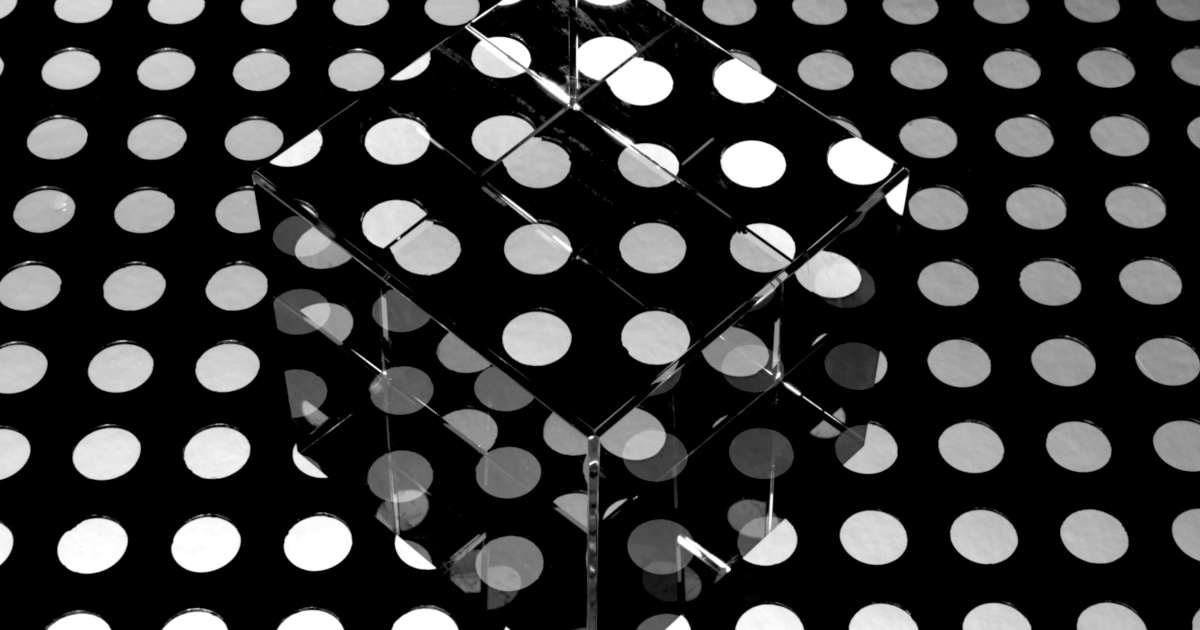In our little town in Northern Michigan, a neighbor put up a sign that read “NO WOKE ZONE” (code for “I hate liberal, establishment elites’). At first, I thought it said “NO WORK ZONE,” but the message is the same in either case – “I am willfully ignorant and refuse to do the work to find the truth.” Yes, being woke can go too far, but to me, it simply means “I’m open to uncomfortable facts.”
For example, reactions to critical race theory could be considered a “no work, no woke zone.” In an attempt to avoid any uncomfortable feelings, they simply ignore historical facts. I get it – it’s hard to hold two conflicting thoughts in your head at the same time: Our country has been and continues to be a beacon of opportunity for many AND it is has some ugly pages in its history. Hopefully, those of us who try to stay awake are aware of most of them. I’m wondering if we have reached a point in America where people actually identify with being open and awake or closed and asleep? It would appear so, but WHY?
As I mentioned in a previous post, I think Heather McGee, best-selling author of the Sum of Us, cut to the chase when she concluded that we are so invested in protecting our feelings of superiority and our innocence that we are willing to pretend that certain truths are self-evident when history unequivocally reveals evidence to the contrary. This country was built on slavery and genocide, and heinous acts have been and continue to be perpetrated on people of color. It doesn’t make me unpatriotic or overly “woke” to acknowledge those facts.
It seems to me that feeling superior and feeling innocent are mutually exclusive. The moment you feel superior to another is the moment you sacrifice your innocence. And yet the anti-woke people want it both ways. They want to believe in white supremacy and still deny it’s destructive impact and/or their role in it – their self-justification skills are remarkable.
Simone de Beauvoir suggested that “society, being codified by man, decrees that woman is inferior; she can do away with this inferiority only by destroying the male’s superiority.” I might modify de Beauvoir’s words a bit by inserting the word illusion. To me, it’s the illusion of male superiority that needs to be destroyed. Her point, though, underscores how prone we are (especially males) to cling to feelings of superiority however unwarranted and undeserved.
Superiority manifests in multiple ways. I can see how one could make an argument for superior athletic performance, academic achievement, wealth accumulation, emotional resilience, or spiritual evolution. But to convince yourself of being superior due to title, size, class, religion, nationality, or race (much less skin color) seems absurd. These illusions of superiority are conjured up to make us feel “better than” or “having a leg up.” The truth is that we all must breathe and we all must die – no amount of acquisition or arrogance give us immunity to those facts. While we all must face these truths in our own way, our illusions of superiority won’t change the facts.
What’s even more puzzling than our obsessive needs to feel superior, is our need to feel innocent at the same time no matter how many backs we climbed over, fingers we stepped on, aspirations we crushed, hearts we bruised, talents we exploited, or lives we wasted. It’s amazing that in spite of all the behaviors that enabled us to feel superior, we can still feel innocent. To me, this belief in exceptionalism is exceptionally naïve and stupid.
Mahira Khan, a Pakistani artist, articulates this sentiment well. She says, “The price of wisdom is innocence. So, I have definitely become wiser but sadly a little less innocent.” Yes, owning up to the facts may take away our innocence, but hopefully, we become wiser in the process. Thanks Mahira. if I can acquire a bit more wisdom, I will happily sacrifice my feelings of innocence.
In her wonderful novel, Behold the Dreamers, Imbolo Mbue describes the life of immigrants from Cameroon desperately trying to carve out a life and a living in NYC before and after the 2008 financial crisis. In 2007, Jende, the father, secured a much treasured job as a chauffeur for Clark Edwards, a Lehman executive on Wall Street. Neni, the mother, because of Jende’s job, was able to land a job as a nanny-cook-cleaner for Clark’s wife, Cindy. Both Edwards lorded superior airs of privilege, power, and wealth over Jende and Neni. Because the Edwards “generously compensated” Jende and Neni, however, they were not only able to feel superior but also justify their innocence in spite of the fact that they were generally dismissive, demanding, and exploitative. The book beautifully captures class gaps and the psychological capability to feel superior and innocent at the same time. Highly recommended – the book, not the feelings.
Innocence also manifests in a variety of ways. Some people attach themselves to victimhood and feel completely blameless for their actions. Others protect their feelings of innocence through willful ignorance or naivety. The outcome in both cases is a guilt-free pass – “how could I be responsible? I had no idea.”
Some of the strategies for maintaining feelings of superiority and innocence are to demonize, dehumanize, and deny accountability. The trick is to over-emphasize personal capabilities and under-emphasize dependence on other factors of “success.” This tendency is not difficult to understand given the competitive culture in which we live. It’s all about winning whether it’s a football game, an Ivy league acceptance, or a job on Wall Street. Kids are programmed from the earliest age to compete and to win – not all bad, but potentially limiting.
To me, there’s too much value placed on physical and intellectual achievement and too little value placed on emotional and spiritual development. As a result, our energies get directed toward trophies and treasures instead of peace and possibility.
In 1886, Nietzsche wrote Beyond Good and Evil. In this book, he reviews philosophers of the past who he accuses of blind dogmatism, moral prejudice, and masquerading as seekers of objective truth. His words have amazing relevance today. Nietzsche’s words make me wonder how much of the anti-woke, anti-CRT, anti-science, anti-voting rights, anti-choice movement is driven by dogmatism, prejudice, and pretending. Aren’t those who want to feel superior AND innocent guilty on all three counts? I think so.
The message I want to convey to my grand-children is that we are neither superior nor innocent. While we have been given boundless opportunities, we cannot claim to be blameless in all we say and do. We need to strive for agency AND responsibility. We can make choices on how we act toward others, and we can own the responsibilities of our privilege. I also want them to know that comfort and growth are bad bed fellows. Developing emotionally and spiritually requires us to confront uncomfortable truths about ourselves and about our history. To awake and to work should be our driving purpose. You can’t develop a meaningful life in a No Woke, No Work zone. I believe it’s a mistake to shield kids from feelings of anguish no matter how ugly the truth; it seems to me it’s better to challenge them with facts and then help them sort through their feelings and develop a fair and balanced perspective based on truth.
To me, the biggest problem in the world is that we emit about 50 billion tons of carbon dioxide into the air each year. In my opinion, the biggest problem in America is that we have about 50 million people (70% of Republicans) who are so determined to protect their feelings of superiority and innocence that they refuse to look at uncomfortable facts that would cause them to alter their sense of self and their sense of responsibility. Justifying feelings of superiority and innocence in spite of the facts will not lead to nirvana and might possibly lead to civil war.
I’m hoping we will drop our illusions of superiority and innocence in order to work in harmony for the common good. I’m hoping we will assume agency and responsibility in making a positive difference. Most importantly, I’m hoping we will wake up and work. May it be so.
Also published on Medium.



You continue to amaze!
I totally agree with your thought provoking paper. Very powerful.
Next to last paragraph mentioned two organizations; environmental science and republicans as the biggest problems.
I don’t know what I can do. My daughter encourages me to try harder to:
1. Have more positive social interactions.
2. “Random Acts of Kindness”
Be Well!
Thanks, Rick
Thanks Don. I appreciate your comments. Looking forward to another kayak trip this Fall.